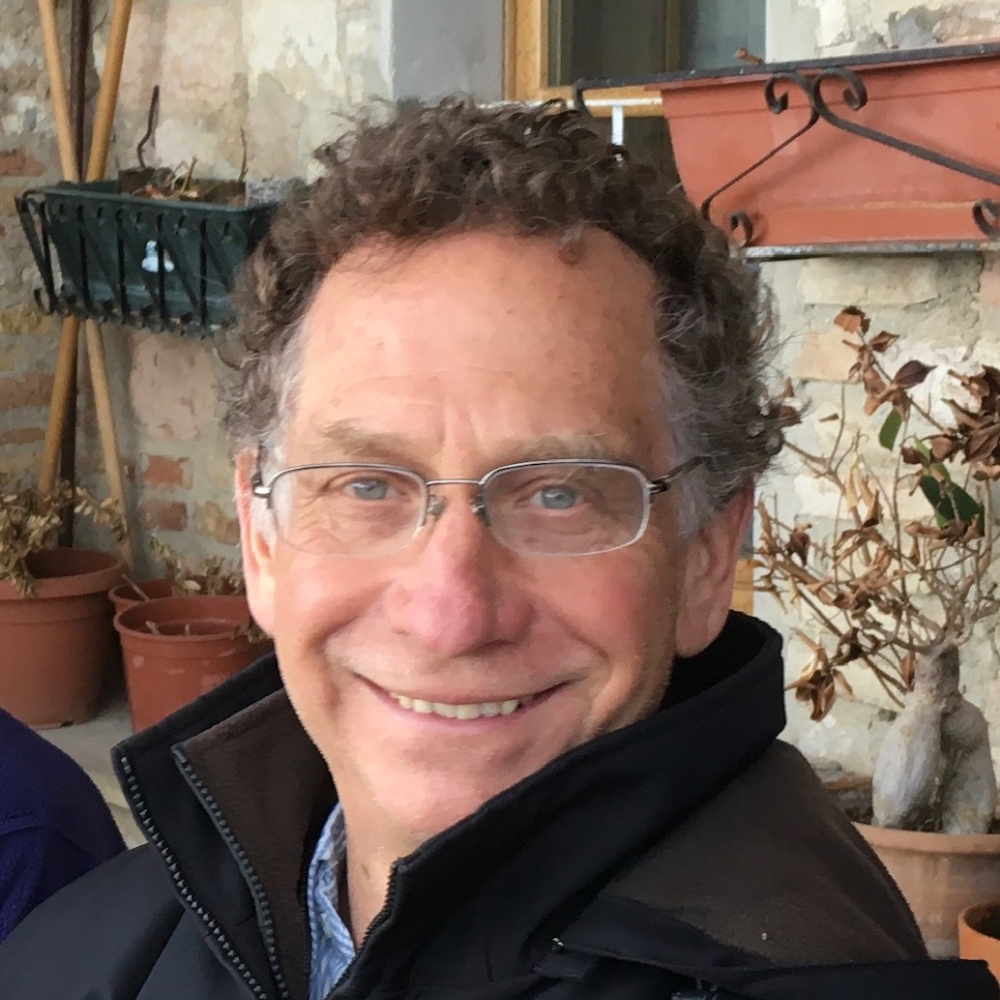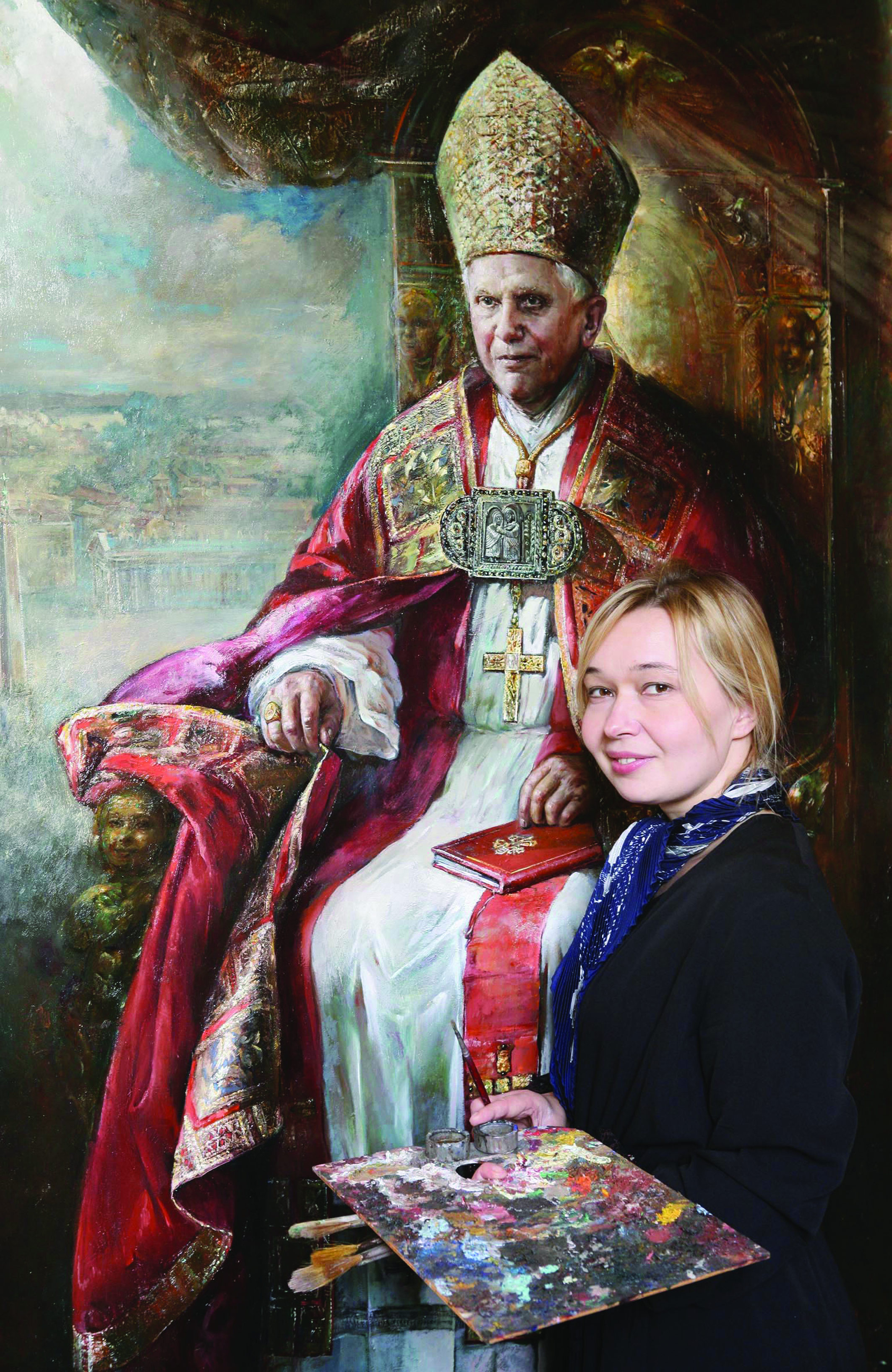The Church continues her journey in time, as the work of the Holy Spirit continues in our once fallen, now redeemed world, a work which will end with the triumph of the Immaculate Hearts of Mary and Jesus…
We are in the warmest months of summer now — July and August — and perhaps it is the “summer of our discontent,” as conflicts that have been simmering for some time now rise to a boil and bubble over into actual crises.
In this issue, we deal with heartwarming stories, like the brilliant talent of Italian singer Andrea Bocelli, who was born with a birth defect, and became fully blind at the age of 12, but went on to become one of the best-loved singers in the world.
And we deal with stories that cause us deep concern, like the Vatican’s decision to place Archbishop Carlo Maria Viganò on trial for the alleged crime of Schism — for breaking communion with Pope Francis and rejecting the Second Vatican Council. If convicted, Viganò would be excommunicated and possibly laicized. We publish the full June 20 Statement of Archbishop Viganò on this matter, and pray that some good may yet come as this multi-year conflict between the archbishop and the Pope continues to trouble many souls in our Church.
We also deal with the story of a jolly Franciscan friar from southern Italy, Fra Agnello, who, like Padre Pio, also from southern Italy, radiates a profound Christian piety, exudes a warm, welcoming spirit of Christian charity, exemplifies the simple, humble goodness which characterizes so many of the Franciscan friars in our Church. Fra Agnello is the parish priest of the Vatican, and his story is our Cover Story for this issue.
Let us reflect further on the case of Andrea Bocelli.
Sixty-five years ago, when she was pregnant with Andrea, Bocelli’s mother, Edi Bocelli, chose not to follow the advice of doctors, who told her she would be wise, even merciful, to abort the child because he would, they told her, suffer from a physical defect. Bocelli himself has told the story of a young pregnant woman hospitalized due to appendicitis.
“The doctors had to apply some ice on her stomach and when the treatments ended the doctors suggested that she abort the child,” Bocelli said. “They told her it was the best solution because the baby would be born with some disability. But the young, brave wife decided not to abort, and the child was born. That woman was my mother, and I was the child. Maybe I’m partisan, but I can say that it was the right choice.”
Bocelli was born with congenital glaucoma and became completely blind at age 12 from a brain hemorrhage resulting from a football accident. Yet he has recorded 15 solo studio albums, three greatest hits albums, nine complete operas, and sold more than 75 million records worldwide.
Anyone who has listened to and been blessed by Bocelli’s resonant voice can be thankful for his mother’s courageous decision not to abort her son. As Christians, we know no person’s worth is derived from what they’re able to bring to the world or accomplish in this life. Every person has infinite worth because they are created in the very image of God — the imago dei. Yet it is true that Andrea Bocelli’s rich singing voice is a gift from God. So is his life. So is every human life.
And perhaps this is the important point to make here. That our society is truly “sick unto death” because it has embraced a vision of life that is… anti-life; a vision which thinks that eliminating people, from pre-born babies to handicapped people to elderly people, is reasonable, acceptable, even “good.”
This is, in a very real sense, the “abomination of desolation” — the arrival at the center of our society of a utilitarian pragmatism which abuses and kills what is most sacred, human life.
If Jesus were here today, he surely would denounce this cruel degeneration. of the moral life of our society, from which spread out so many other ills, oppressions and wars…
Bocelli tells us this about his own faith journey: “As a kid, I went through a difficult time… I realized that there can’t be a clock without a clockmaker. If someone told us that a well-constructed pendulum clock appeared out of nowhere all of a sudden, we’d all laugh, only gullible people would believe it. Nobody knows who made the clocks in 1800 and so on, but we know for sure that someone must have made them. So how can we not believe that someone created us and life on earth, which is something way more complex than a well-made pendulum clock? And this convinced me right away that between the idea of God and fate, I was going towards the first one, and from that moment everything I had done so far — going to the mass, all these things — wasn’t something abstract anymore, instead, it was extremely serious, tangible, and important.”
But what does it really mean to “say ‘yes’ to all that is good?”
It’s tempting to think that the good things we wish for are the good things of this world — not just material things, of course, but things like peace, contentment, health, security.
However, let us not wish only for these things; let us resist the siren song telling us the Christian faith is just a means to such an end.
Fr. Seraphim Rose (1934-1982), born in San Diego, California, converted from his early Protestant faith to Russian Orthodoxy after much seeking, leaving aside the sins of his early life, and became a monk.
Rose critiques modern Christianity and its attitude that the coming of the Kingdom will happen on earth.
“Modern man lives on the dregs of Christianity, on Christian experience digested and turned into ‘ideas’ for mass consumption,” Rose said. “Hence the parody of Christianity is to be seen in modern ideas like ‘equality,’ ‘brotherhood,’ ‘charity’… And Christian messianism — the coming kingdom which is not of this world (John 18:36) – has been perverted into the coming kingdom in this world that practically everyone believes in today… But this world cannot hold the Truth in its fullness any more than it could tolerate the presence of it in the God-man; for man is called upon to be more than man, he is called to deification, and this can only happen fully in the ‘other world’…
“Everything in this life passes away — only God remains, only He is worth struggling towards.
“We have a choice: to follow the way of this world, of the society that surrounds us, and thereby find ourselves outside of God; or to choose the way of life, to choose God Who calls us and for Whom our heart is searching.”




Facebook Comments